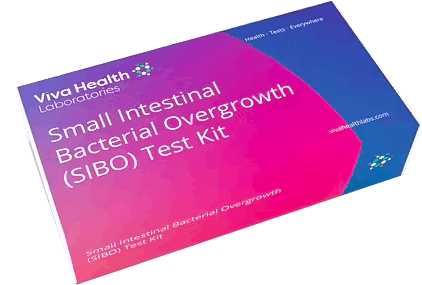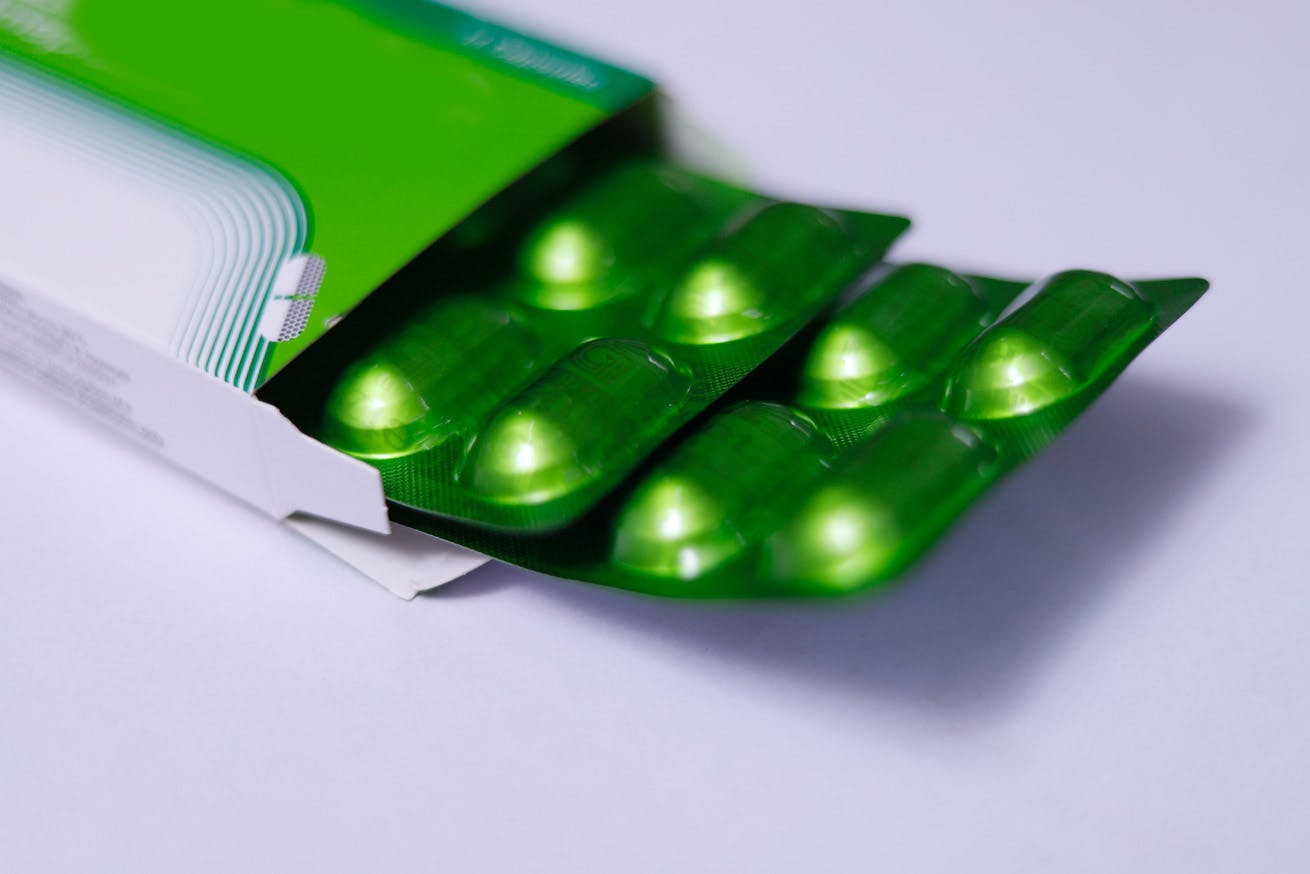Effects of PPIs on the Gut Microbiome
Gastro-oesophageal reflux disease affects around 20% of the UK population and can have significant impacts on physical and mental wellbeing.


Written by Mr Nick Boyle
The primary treatment for reflux is Proton Pump Inhibitors (PPIs); a powerful antacid drug. Omeprazole, the first prescribed PPI, was created in the 1980s, revolutionising treatment by blocking the release of acid into the stomach, reducing the need for surgeries. PPIs not only target acid production but also help prevent stomach ulcers caused by common medications like aspirin and ibuprofen.
PPIs have widespread use as the most prescribed drug in the UK, with 5-10% of Western populations regularly taking them and global annual sales surpassing £12 billion. Despite their efficacy in managing reflux, the cumulative effects of PPIs on millions of users raise concerns about potential side effects.
PPIs and the Gut
One aspect that has gained attention in recent studies is the potential effect of PPIs on the gut microbiome, the complex community of microorganisms residing in the digestive tract. The gut biome plays a crucial role in maintaining overall health, influencing digestion, nutrient absorption, and even the immune system and mental health. Disruptions to this delicate balance of microorganisms could possibly have far-reaching consequences.
The acidic environment of the stomach normally serves as a barrier against harmful bacteria, preventing them from entering the intestines. By reducing stomach acid with PPIs, this barrier may be compromised, allowing an altered microbial composition to reach the lower gastrointestinal tract.
The alterations in gut microbes caused by PPI use can lead to dysbiosis, an imbalance in the microbial community. Some studies indicate that prolonged PPI use may contribute to the overgrowth of certain bacteria in the small intestine, a condition known as small intestinal bacterial overgrowth (SIBO).
Furthermore, disruptions to the gut microbiome may affect the metabolism of nutrients and drugs, potentially influencing the effectiveness of medications and overall nutrient absorption. This can have cascading effects on general health and well-being.
In light of this, healthcare professionals should consider the potential impact on the gut biome when prescribing PPIs. Patients, in turn, should be informed about these considerations, and discussions regarding the risks and benefits of prolonged PPI use should include the potential effects on the gut microbiome.
It's essential to acknowledge that the research on the impact of PPIs on the gut biome is an evolving field, and definitive conclusions are still being sought. While some studies suggest associations between PPI use and alterations in gut microbiota, the specific mechanisms and clinical implications remain areas of active investigation.
Conclusion
While PPIs are effective in managing acid-related conditions, their impact on the gut biome adds another layer to the ongoing conversation about their long-term use. The delicate balance of the gut microbiome is integral to overall health, and understanding the potential consequences of PPIs on this balance is crucial for making informed decisions in medical practice. Further research will undoubtedly shed more light on this complex interplay between PPIs and the gut biome. Despite associated risks, PPIs are effective, and their prescription continues; however, the repeated long-term use without professional advice is cautioned against.
If you think taking PPIs or other antacid medication has had an affect on your gut, possibly causing SIBO, you can order a home test here.





